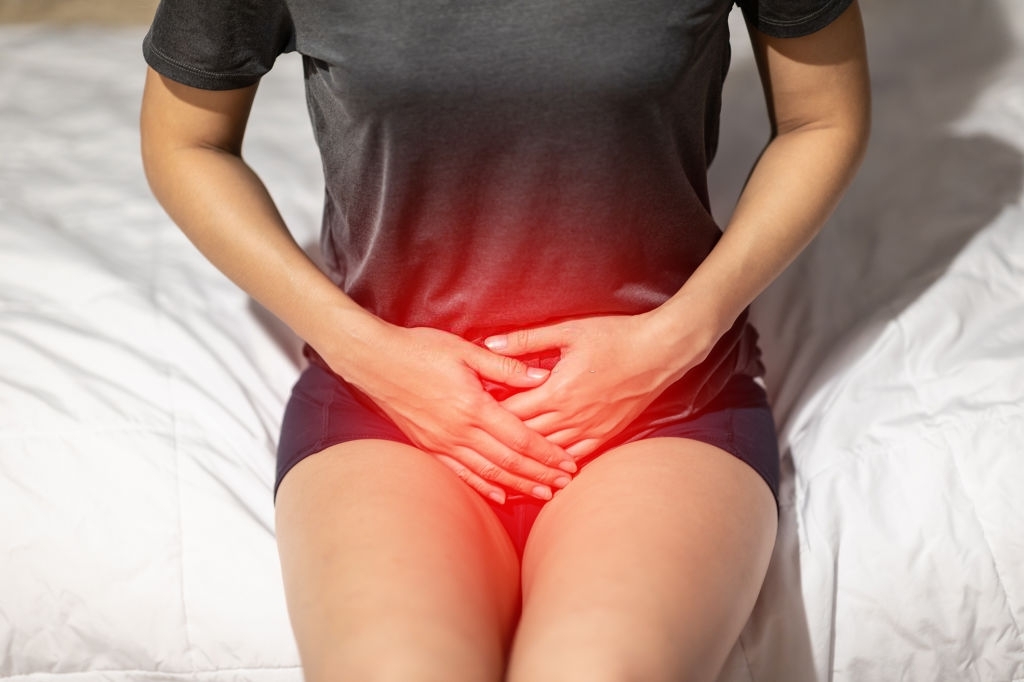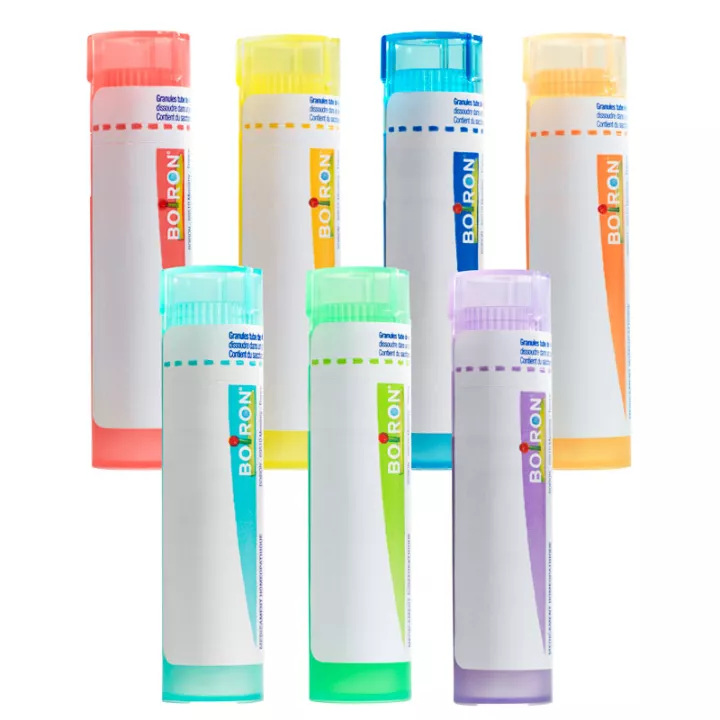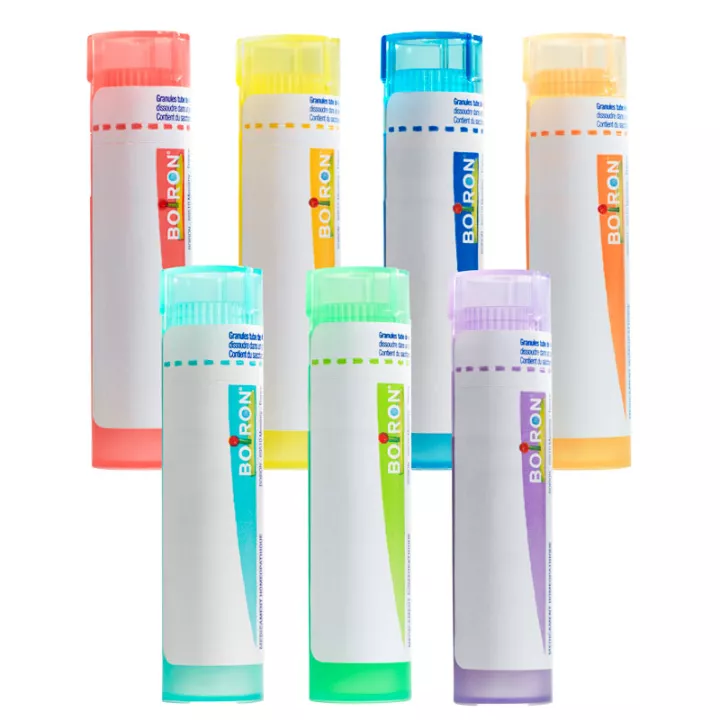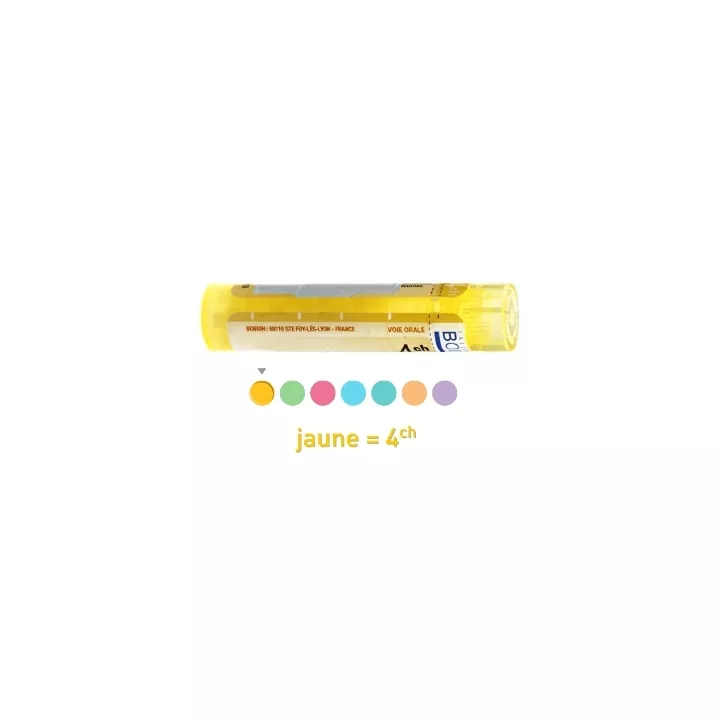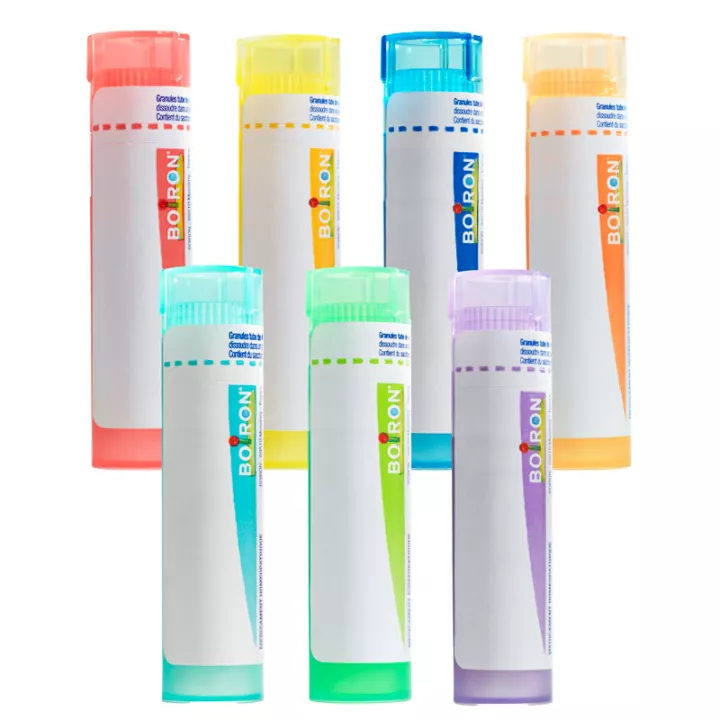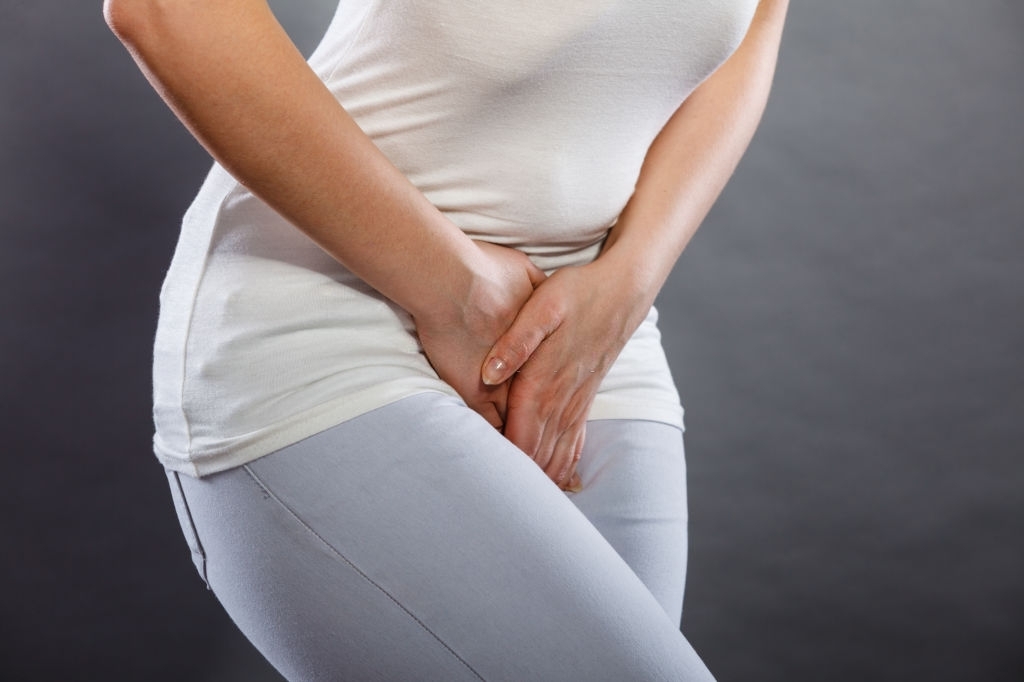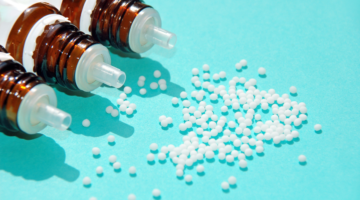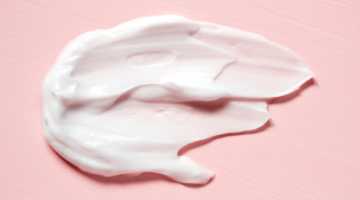Anagallis Arvensis 4CH, 5CH, 7CH, 9CH, 15CH Granules homéopathie Boiron
Anagallis Arvensis, also known as Chickweed, is a plant found almost everywhere in gardens. It is used in homeopathy from the flowers to the root to treat various dermatological diseases. Because of its toxicity, Anagallis Arvensis should be taken according to symptoms, preferably after consulting a doctor, who will prescribe the right dosage for each patient.
This homeopathic remedy is also recommended if the patient is suffering from itchy skin resulting from an illness that is already undermining his or her health, such as urinary tract infections. Other skin eruptions caused by a pre-existing pathology such as gonorrhea are treated with Anagallis Arvensis.
This homeopathic treatment can also relieve bothersome itching of the genital tract, particularly during sexual intercourse, but always under a doctor's prescription.
Crowfoot, a versatile natural solution
Anagallis Arvensis, or Field Mouron, is an excellent example of how plants traditionally recognized for their therapeutic virtues are integrated into modern medicine. Thanks to its presence in the pharmacopoeia and its availability in a variety of preparations, Field Mouron continues to be a valuable resource for health and well-being, perfectly illustrating the successful union between natural heritage and medical innovation.
Indications and dosage
Homeopathic medicines in granule tubes or globular doses can be used for a variety of symptoms, so it's not possible to determine the indications and dosage of a specific preparation.
The homeopathic physician selects the appropriate medicine, dilution and dosage according to the patient's state of health and characteristic symptoms.
ANAGALLIS ARVENSIS is mainly used for specific cases:
- Grouped vesicles: these may form on the palms of the hands and/or feet, accompanied by itching and pruritus.
- Urticaria and Hepatic Insufficiency: The drug is also used to treat urticaria, particularly when associated with hepatic insufficiency.
- Palmoplantar dyshidrosis: This skin disorder affecting the hands and feet is also treated with this medicine.
Homeopathy to the rescue of Eczema
Itchy, itchy, itchy... eczema is a troublesome dermatological condition. But have you considered homeopathy as a solution? This alternative medicine offers individualized treatments for every type of eczema.
Eczema and its causes
Definition and forms
Eczema is characterized by small red blisters in patches, occurring in flare-ups. The condition can take several forms:
- Eczema of Allergic Origin: A reaction to an allergenic product, requiring removal of the allergen.
- Atopic Eczema: Not linked to a specific cause, it is often the manifestation of a general allergy, favored by a particular genetic background.
Therapeutic approaches
In addition to allopathic treatments, homeopathy offers an alternative to relieve eczema.
Eczema: a homeopathic treatment for every aspect
The homeopathic approach recognizes that each aspect of eczema requires its own unique treatment.
Hand eczema
- Anagallis Arvensis 4 CH: 3 granules morning and evening (if blisters appear)
- BOVISTA 4 CH: 3 granules, 2 times a day (wet rashes)
- PRIMULA OBCONICA 4 CH: 3 granules 2 times a day (vesicles between fingers)
Vesicular eczema
- RHUS TOXICODENDRON 7 C
- RANA BUFO 5 CH
- Take 3 granules in the morning (alternating every other day).
Oozing eczema
- GRAPHITES 7 CH: 5 granules every 3 days
- MEZEREUM 5 CH: 3 granules daily
Dry eczema
Crack-forming eczema
Consult a professional
Homeopathy offers a wide range of treatments for eczema, adapted to every aspect and every patient. We strongly recommend that you seek the advice of a homeopathic doctor or pharmacist for a more personalized treatment.
Treating eczema with homeopathy is an approach that takes into account the uniqueness of each patient, offering targeted, gentle solutions. Like any medical treatment, it must be followed with caution and under the supervision of a health professional.
Directions for use
Remove tab, invert tube and pull cap slightly.
Turn the tube to drop the desired number of granules into the cap, then place the granules under the tongue.
Do not touch the granules or globules with your fingers.
The globules in the dose tubes are absorbed in one go, dissolving slowly under the tongue. If no dose is available, take 10 granules of the same dilution.
Do not take astringent substances such as coffee, tobacco, camphor, mint or chamomile within half an hour of taking homeopathic medicines.
Use a mint-free toothpaste (such as Homéodent Boiron, which is compatible with homeopathic granules).
Packaging and contents
Translucent granule tube (for easy viewing of remaining granules).
Each tube color corresponds to a dilution
yellow 4CH green 5CH red 7CH blue 9 CH water green 12CH orange 15CH mauve 30CH
Weight 4g. Approx. 80 granules.
Anagallis Arvensis: Exploring Field Mouron
Anagallis Arvensis, better known as Field Mouron, is a plant that has long been valued in traditional medicine and has recently found its place in modern pharmacopoeia, both French and European. Its inclusion under registration number EH00019 testifies to its importance and recognition in the field of natural health. This article aims to provide an overview of Fieldclover, focusing on its origins, its characteristics, and the different ways in which it is prepared and used in current medical treatments.
Botanical origin and pharmaceutical recognition
Anagallis Arvensis is a plant of plant origin, known for its ability to thrive in fields and open terrain. Its medicinal value has been officially recognized, as evidenced by its inclusion in the French and European Pharmacopoeia. This official recognition assures practitioners and patients of quality and safety in its use.
Available formulations
Mouron des Champs is available in various forms to suit a wide range of therapeutic needs:
- Homeopathic tubes: Anagallis Arvensis is available in tubes of different dilutions, including 4 CH, 5 CH, 7 CH, 9 CH and 15 CH, for personalized application according to the symptoms to be treated.
- Magistral preparations: For a more specific therapeutic approach, Sweet Clover is also available as a magistral preparation, with Hahnemannian dilutions starting at 3 CH. This option underlines homeopathy's commitment to providing solutions tailored to each individual.
Therapeutic applications
Traditionally, Sweet Clover has been used for its anti-inflammatory and healing properties. It has been used in the treatment of various skin conditions, such as rashes and small wounds. In addition, its ability to positively influence the nervous and immune systems makes it a remedy of choice for practitioners of alternative medicine.
Boiron medicines and accessibility
The availability of Anagallis Arvensis preparations under the Boiron brand guarantees users access to high-quality homeopathic products. The variety of dilutions on offer allows great flexibility in treatment, offering a natural alternative for those seeking gentle relief from their symptoms.
Precautions for use
Warning
Contains sacchararose.
Store homeopathic medicines away from light, heat, moisture, fumes and fragrances.
Giving homeopathic granules to babies and children
For granules or alcoholic drops, dissolve in 100ml of water. Granules take a very long time to dissolve, so you'll need to prepare your mixture in advance.
Homeopathy and pregnancy
Homeopathic remedies have no chemical toxicity, no contraindications, no interaction with other drugs, and no adverse effects linked to the quantity of product ingested. Pregnant women can take homeopathic remedies with no known risk to themselves or their unborn child, but it is advisable to seek advice.
Frequency of homeopathic use
For acute conditions, homeopathic remedies should be taken every hour until symptoms improve. From then on, take them 3 or 4 times a day, spacing them out, then stop gradually.
For chronic conditions, low-dilution remedies (> 9CH) should be taken 1 or 2 times a day, while basic remedies should be taken once a week, or even once a month. This decision is left to the homeopath.
What to do if there is no improvement within 24 hours
Certain pathologies cannot be treated with homeopathy simply by self-medication. Their seriousness requires medical advice, which can be given by a homeopathic doctor. This doctor will judge whether your condition can be treated with homeopathy alone, or whether your treatment needs to be supplemented with allopathic medicine.
